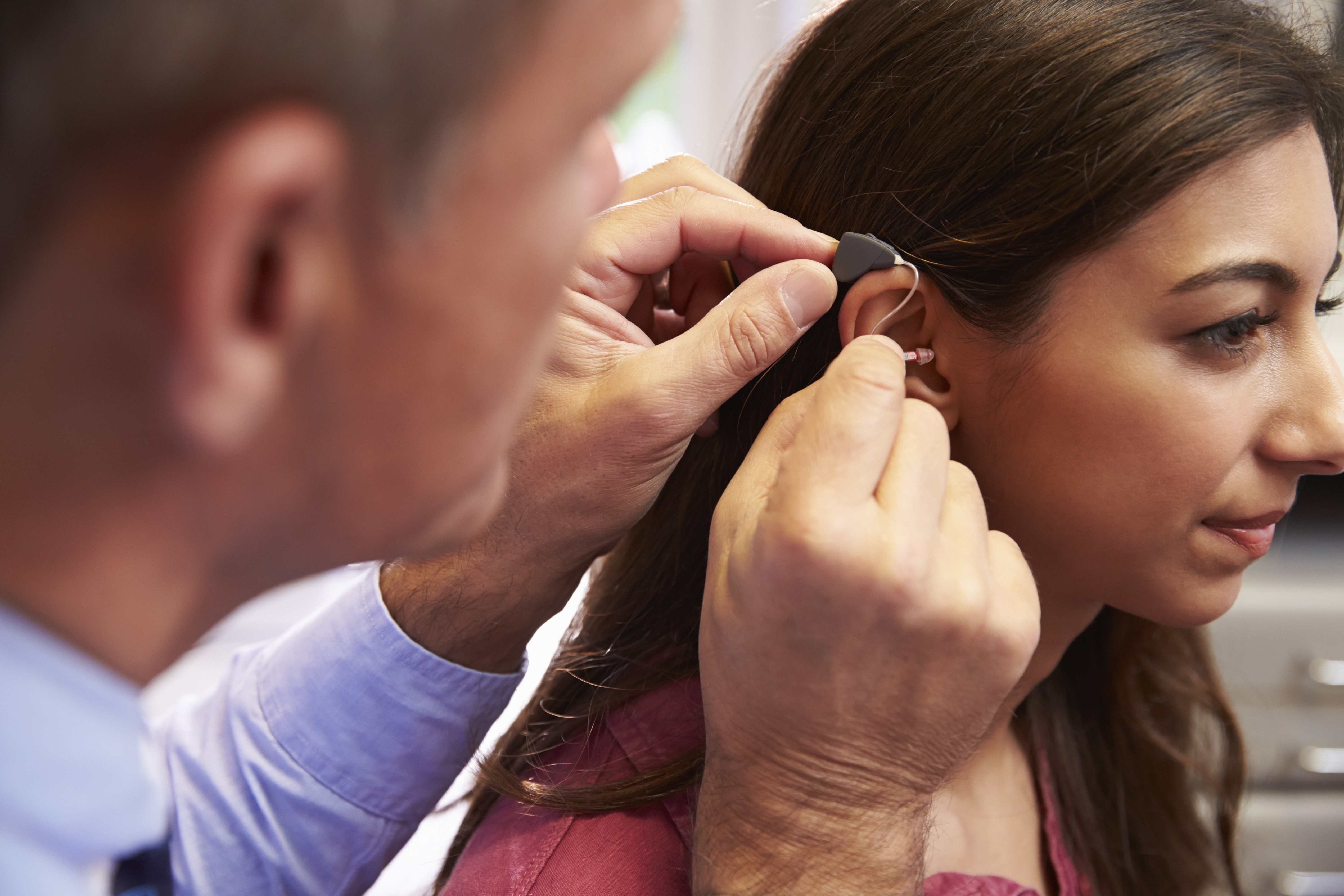
Congratulations—you’re prepared to join the millions of Americans who have realized how utilizing hearing aids can make life much more exciting and fulfilling. Soon enough, you’ll be listening to sounds you’ve long forgotten about, engaging in stimulating discussions, and listening to music with better discernment for each instrument.
But before you can get to all that, you’ll have to proceed through a quick phase of adjustment to get comfortable with your new hearing aids. Here are five tips to to assist you to make it through this stage and to help you get the most out of your new technology.
1. Visit a Hearing Care Professional
If you desire to have the best hearing attainable, there’s no way around the initial step, which is consulting a hearing care expert. They can help you find the ideal hearing aid that matches your hearing loss, lifestyle, and budget. And, even more importantly, they can custom-fit and program your new hearing aid so that it’s optimized for your distinctive hearing loss.
Your hearing loss, like a fingerprint, is unique. That means every hearing aid should be programmed differently—and this requires the skill-set of a hearing care professional.
2. Be Patient with Your Hearing Aids
Your new hearing aids will take time to get used to. You’ll notice sounds you haven’t listened to in many years, your voice may sound different, and sound may as a whole just seem “off.” This is completely normal: you simply need time to adapt.
Start off by making a commitment to wear your hearing aids for as much of the day as possible, for at a minimum a couple of weeks. Put them in when you get up in the morning and take them out before going to bed. Even though it may be awkward at first, you’ll adjust to better hearing in no time—and it will be well worth the hard work.
If you discover that you’re having a tough time adjusting, set up an appointment with your hearing care professional. Hearing aids can be fine-tuned, so you never have to throw in the towel on better hearing.
3. Start Small
We suggest adjusting to your hearing aids initially in the comfort of your home. Attempt watching a movie or TV show and paying particular attention to the discourse; engage in one-on-one conversations in a quiet room; and listen to music while attempting to pick out different instruments and pitches.
Then, when you’re more comfortable, you can try your hearing aids out in more challenging conditions like at parties, restaurants, and movie theaters. Modern hearing aids have sophisticated features and environmental settings that can easily handle these heightened listening demands—which segues nicely to the fourth tip.
4. Learn the Advanced Features
After you’ve adapted to your hearing aids, you should continue to learn some of the more sophisticated features. With the assistance of your hearing specialist, you can discover how to maximize the functionality and convenience of your modern hearing aids.
Depending on your chosen model, you’ll be able to do things like wirelessly stream music and phone calls directly to your hearing aids, regulate the volume from your mobile phone or digital watch, and effortlessly switch settings to optimize your hearing in a variety of environments. Be sure to talk to your hearing specialist about all the features that may be beneficial to you.
5. Take Care Of Your Hearing Aids
Finally, you’ll want to make sure that you maintain your hearing aids. This implies daily cleaning, appropriate storage, and managing your battery supply. Your hearing specialist will help you include hearing aid maintenance and care into your daily routine so that it becomes automatic and easy.
You’ll also want to get your hearing aids professionally cleaned and assessed one or two times per year to ensure proper functioning for many years.
We’d love to hear from you: if you presently have hearing aids, tell us about your experience! Let us know how you adapted to your hearing aids and any advice you’d give to those just getting started.
